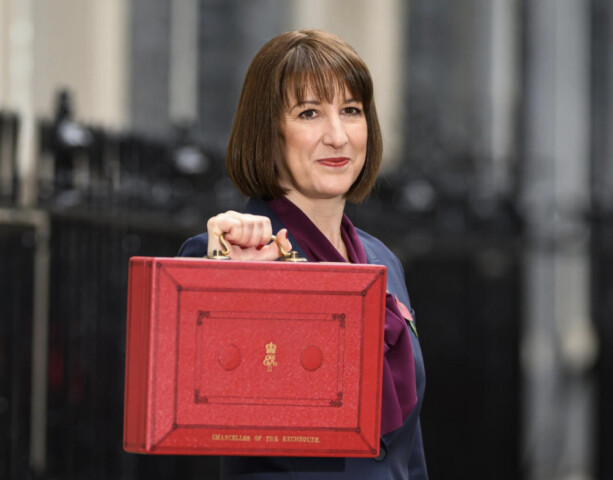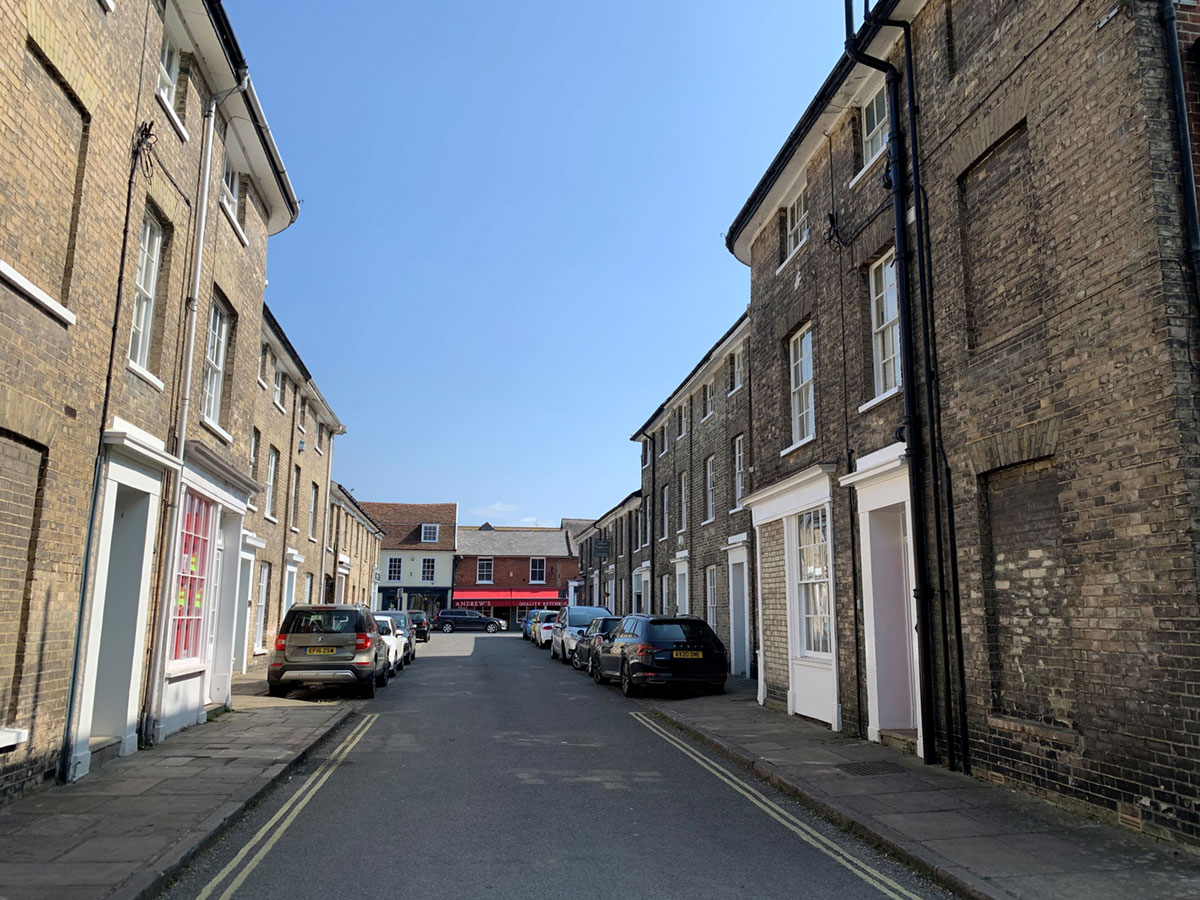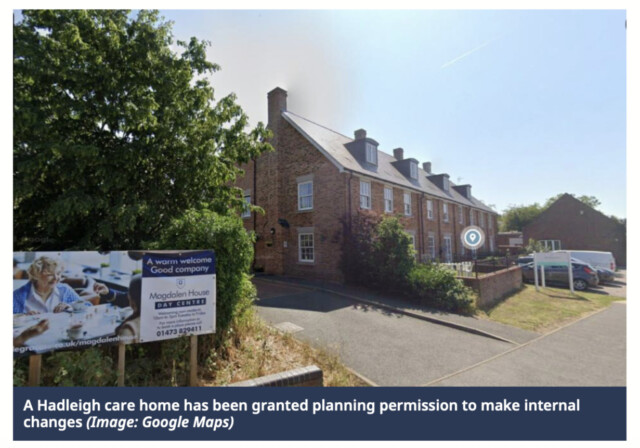As we assess the latest UK Budget’s implications for the housing market, the biggest impact may arise from changes planned in prior Budgets rather than any new announcements. While recent measures have focused on adding a 2% surcharge for additional property purchases—significant for landlords and those with multiple properties—the broader market will also experience increases in stamp duty rates starting April 2025, based on previous decisions.
The impact of these changes will be particularly noticeable across the Midlands, North and East Anglia, where property prices vary widely, and many prospective homebuyers fall within the thresholds affected by the reintroduced stamp duty rates. Stamp duty relief introduced in the 2022 mini-Budget, later revised to a temporary measure, will revert to pre-2022 rates in April 2025. This shift is projected to significantly raise buying costs, especially for first-time buyers and those purchasing homes at lower price points.
From April 2025, two-fifths of first-time buyers will start paying stamp duty, up from 20% currently. In the broader homebuyer market, the proportion of transactions subject to stamp duty will jump to 83% from 48% today, meaning most buyers will face up to £2,500 in additional stamp duty. This increase is more pronounced for purchases below £250,000, bringing about a 1% tax on properties in this range due to the reintroduction of the 2% duty between £125,000 and £250,000.
In East Anglia, where many homes fall into this price range, this shift could place further pressure on buyers. Buyers are likely to seek discounts to offset these added costs, potentially affecting market prices across the region. Demand data shows that areas with the most activity in the lower price brackets, such as parts of East Anglia, Midlands, and the North, may see slower price growth as buyers negotiate to mitigate these new expenses.
As the April 2025 deadline approaches, there may also be a rush to complete sales ahead of the tax change but given the typical 4-5 months to finalise a property purchase, some transactions may not meet the deadline. For buyers looking to expedite, properties that are chain-free may offer a quicker pathway to completion.
Overall, the reintroduction of these rates suggests that stamp duty will continue to generate substantial revenue, but may also slow transactions, particularly in regions like East Anglia, and Hadleigh in particular, where affordability remains a significant concern.


